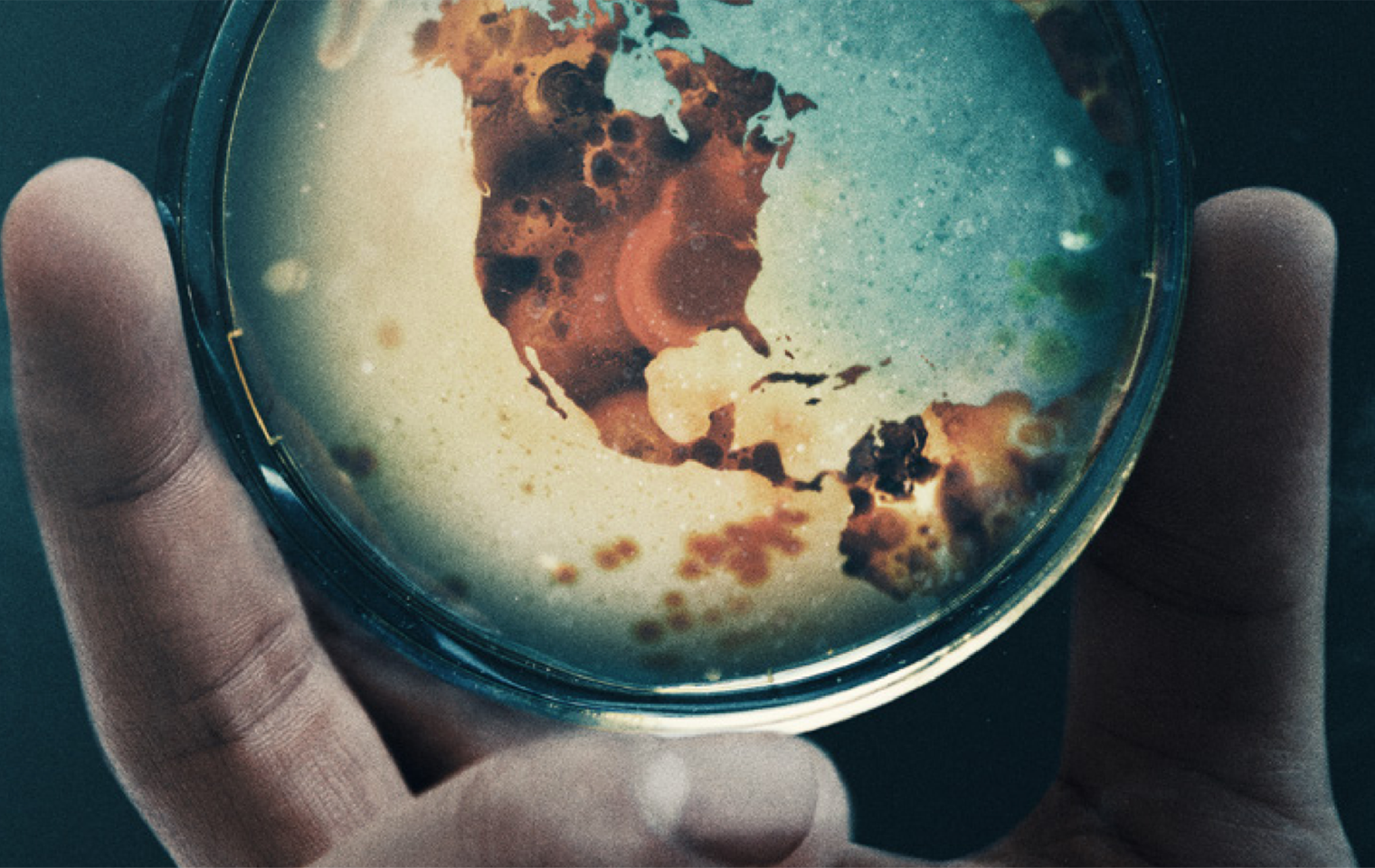Award-winning director Janet Tobias and some of the world’s top health experts explore lurking viruses and bacteria that might cause the next global pandemic. Global Reporting Centre’s founder Peter Klein was a producer on this timely film.
CNN will be re-airing this documentary on Saturday, March 13 at 10 pm EDT.
Synopsis
In the 21st century, we are all connected. Population growth, mass urbanization, deforestation, climate change and increased travel have dramatically increased the risk that familiar diseases will spread and mutate, and new ones will emerge. As people enter new spheres of biodiversity, they come into closer contact with other species, increasing the risk of viruses jumping from animals to humans, and then spreading more widely.
Unseen Enemy is an essential exploration of reasons 21st-century populations are experiencing a rash of diseases that were once only outbreaks, but have now become full-blown epidemics. This increased risk that we face, and the ways society and individuals can work together to reduce that risk, are explained to the public through the case studies of three epidemics: Ebola, influenza and Zika. Moving across the globe, we meet doctors, disease detectives and everyday people who have stepped into the horror of an epidemic and emerged deeply changed. Epidemics bring out the best and worst of human behavior, with effects reaching far beyond the tolls of sickness and death.
On the ground during the Ebola epidemic in West Africa, we witness the human and economic costs of epidemics, the global hysteria, a poor international response — and how global economic inequality drives epidemics. Examining our yearly influenza epidemics as well as the history of influenza pandemics, we learn that the flu is a disease that causes experts sizeable fear. Yet, influenza is often misunderstood by the public. Even in an average year, the virus can kill between 250,000 and 500,000 people globally, with new strains constantly emerging.
Finally, through the Zika outbreak in Brazil, we see how a disease can move across the world, endangering particularly vulnerable targets: pregnant women and infants. Through the reach of Zika, we learn how climate change and travel can affect the spread of disease.
What these epidemics have made clear is that we, as a society, are woefully unprepared for a major pandemic. As stated by Dr. Larry Brilliant, “Two speeding trains are racing toward each other, both fueled by modernity: one represents the increasing likelihood of a pandemic brought upon us by our own behavior; the other carries new tools and technologies that could help us find viruses and bacteria early enough to prevent a global outbreak. The choice is ours as to which of those speeding trains wins.”
As individuals, we connect with thousands of other people every day; people we know well and others whom we only meet once. Each person is a part of a global web of connection that quickly leads from Vancouver to Hong Kong, New York to Liberia, Leipzig to New Delhi and from Rio de Janeiro to Kinshasa. Our connection can be either incredibly dangerous or a powerful force for good. Now more than ever, we need to put the “public”back in Public Health, for it is only by uniting our collective strength that we will all be truly safe. As it turns out, we are all the frontline in global health.

